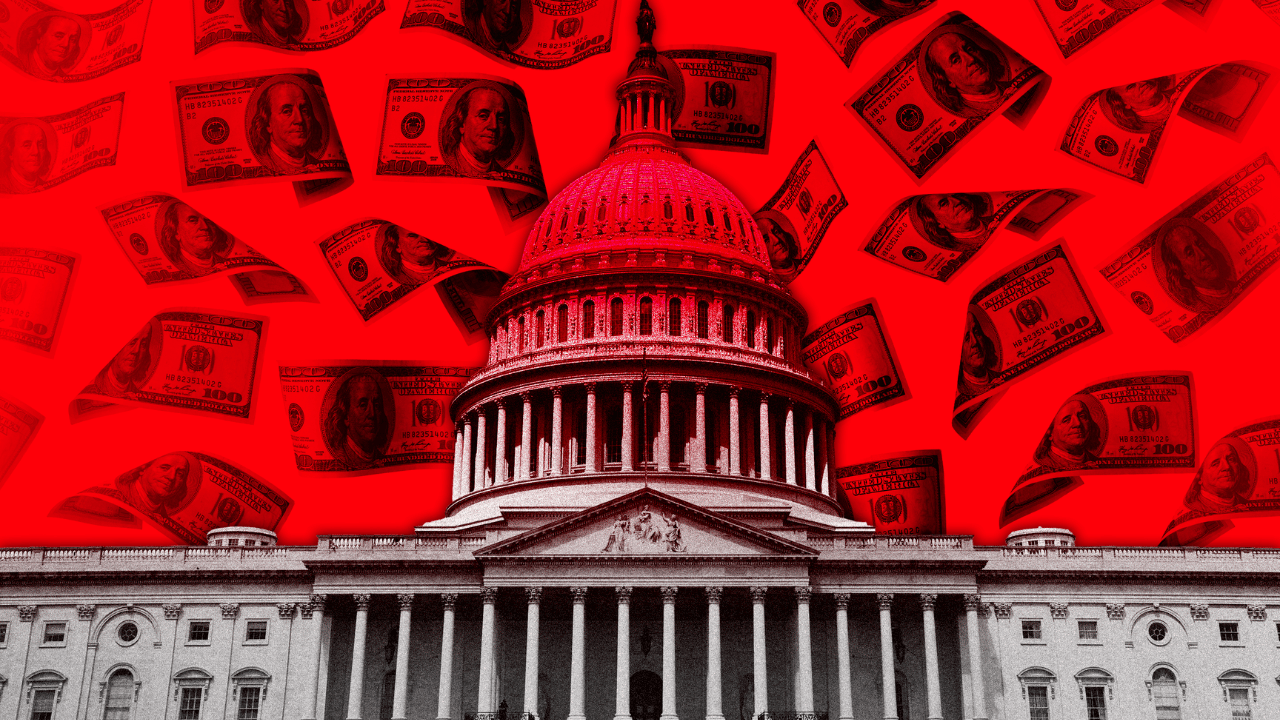Every time the United States reaches its debt limit, we read that it is important to reach an agreement to lift it. The narrative is that the debt ceiling must be raised, or the US economy will suffer a severe contraction. There is even an episode of a TV series, “Designated Survivor”, where the character played by Kiefer Sutherland places lifting the debt ceiling as the priority to get the U.S. economy on track. The debt ceiling is viewed as an evil and anachronistic burden on growth. It is not.
Analysts all over the world consider the debt ceiling a non-event because Congress always agrees to increase it. As such, markets do not even care. Congress has raised the debt ceiling on time on over eighty occasions since 1960, according to S&P Global. The rating agency points out that Congress has passed legislation to raise or suspend the debt ceiling seven times in the last twelve years (in 2011, 2013, 2017, 2018, 2019, and twice in 2021).
The U.S. Treasury has announced it will start implementing “extraordinary measures” to fulfill its legal obligations. These extraordinary measures would give the government the possibility of extending the deadline until early June. Analysts and commentators say that Congress faces two options: either raise the debt ceiling or suspend it. Really? No one seems to think of the urgent need to cut spending.
The problem of the United States’ debt is not one of receipts. It is created by the constant increase in mandatory spending. Governments continue to raise taxes, and when the economy grows, they spend more. However, when the economy stalls or declines, they spend even more. In fiscal year 2022, the government spent $6.27 trillion. In 2015, it was $4.7 trillion. There is no revenue measure that would cover an increase of such magnitude and maintain it every year. Blaming the deficit on tax cuts makes no mathematical sense and assumes a confiscatory and extractive view of the economy, where the private sector must always provide rising revenues to a government that always spends more.
It is interesting to see how the debate has shifted to tax cuts, which did not reduce receipts, instead of spending that never generates the announced fiscal multiplier or reduces the deficit.
Those who say that the deficit would have been solved by eliminating the last tax cuts have a problem with mathematics. There is no way that any form of revenue measure could have covered a $1.6 trillion spending increase. Even if you believe in the idea that the government will always collect higher receipts from massive tax increases, which is false, only one year of mild recession would balloon the deficit and debt again.
The solution to the United States budget deficit is not more taxes. Even in the most optimistic receipt scenario, there is no tax hike program that would even start to address the structural deficit, estimated at one trillion dollars a year. Expenses are annual and consolidated, but receipts are cyclical and depend on the health of the economy. Therefore, revenue measures never reduce debt.
When governments say they will only tax the rich, they are treating citizens as if they were children. There is simply no way in which the government would collect every year between half a trillion to a trillion more only from a handful of rich people whose wealth is mostly in shares.
Deficits are always a spending problem. However, none of the parties want to address the ballooning levels of US debt by reducing expenditure. Therefore, they always agree on increasing public debt, which makes the economy weaker.
The solution for many is printing money and raising taxes. More taxes hurt the recovery, damage the job improvement potential, and reduce investment in the economy. More taxes mean less growth and no deficit improvement. More taxes and more printing mean that, added to those negatives, real wages decline, deposit savings evaporate, and the inflationary tax destroys the middle class.
Those that say deficits are reserves that the government creates for the private sector and that deficit spending is good for growth because a monetary sovereign country like the United States can spend and borrow as it pleases are simply lying. If deficit spending were a source of reserves that benefited the private sector, the United States’ productivity, growth, investment, and consumption in real terms would be off the charts, not sluggish, and real wages would be rising, not falling. The United Kingdom and Japan have proven that pushing the limit on debt, taxes, and spending only brings stagnation and declining real wages.
Printing and raising taxes are not social policies. It is profoundly anti-social, as it destroys the middle class and makes the economy weaker. Raising the debt ceiling is also extremely negative for the middle class because it means more taxes, lower purchasing power of the currency, and stagnation in the future.
There is plenty of room for efficiency in the United States budget. However, if there is an incentive to pass the imbalances to the next generation, governments and voters will agree to do it. There will be a point where the United States’ ability to disguise its massive imbalances using the currency and debt markets will evaporate as confidence in the economy and the government diminishes. If uncontrolled spending is not addressed, that moment may come sooner than many think.
This article was originally featured at the Ludwig von Mises Institute and is republished with permission.







